Is STEM Education Working, Especially for Women?
STEM education remains in the spotlight 25 years after the term first emerged. Coined in the 1990s by the National Science Foundation, the acronym is applied to any curricula, event, policy or education program addressing Science, Technology, Engineering or Math. Most often it references Science and Math, but all four areas have become hot topics in the general education of K-12 students. The emphasis carries through to higher education and beyond, seeking to prepare young adults to assume 21st century worthy jobs. Anticipated areas of need include employees who are interactive as problem solvers, researchers, designers, and engineers.

- 0 Comments
- Nov 6, 2019 10:10:00 AM
- Posted by Natalia Galvis
- Topics: EdTech, STEM, STEMchat, WomeninSTEM, Edchat, girlsinSTEM
How to Develop a Successful Makerspace
In the United States, a trend has been established to encourage STEM learning (science, technology, engineering, and mathematics) through Makerspaces and other critical thinking programs. Makerspaces are providing the needed for space for human collaboration and teamwork which can include the use of anything from 3D printers to Robotics equipment to hand tools to Legos.

- 0 Comments
- Nov 5, 2019 10:00:00 AM
- Posted by Natalia Galvis
- Topics: EdTech, STEM, Makerspace, STEMchat, Edchat
5 Ways That Technology can Expand Creativity in Higher Education
Creativity has always been a part of a successful classroom, however recent advances in technology are making it possible to increase the ability for students to use their creativity in academia. With the ability to take and store thousands of pictures and videos, and listen to music in the palms of our hands, our students have the ability to be more and more creative in their projects, assignments, as well as group and individual tasks. As universities are encouraging the expansion and use of technology in the classroom, many professors are also encouraging the development of their students’ creative minds.

- 0 Comments
- Nov 4, 2019 10:00:00 AM
- Posted by Natalia Galvis
- Topics: EdTech, STEM, Technology, STEMchat, Edchat, Digital Technology
A Vision For The Future of Virtual Reality in Education
Virtual Reality (VR) is slowly taking over our entertainment industry. But what are the implications for other areas of our lives, such as business, health, and even…education?
While the educational realm generally takes longer than anyone else to embrace new technology, VR brings many implications for the schools of tomorrow.
Here are some ways in which VR might change the face of education in the future.
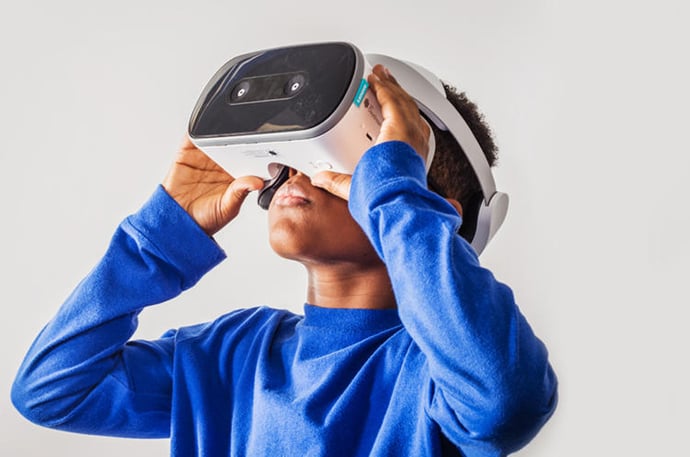
- 0 Comments
- Nov 1, 2019 11:20:42 AM
STEM Learning Must Go Beyond Memorizing Facts and Theories
There is a growing global demand for science, technology, engineering and math (STEM) professionals. At the same time, experts in science education are calling for students to become more “scientifically literate.” This call, however, is about more than filling jobs.
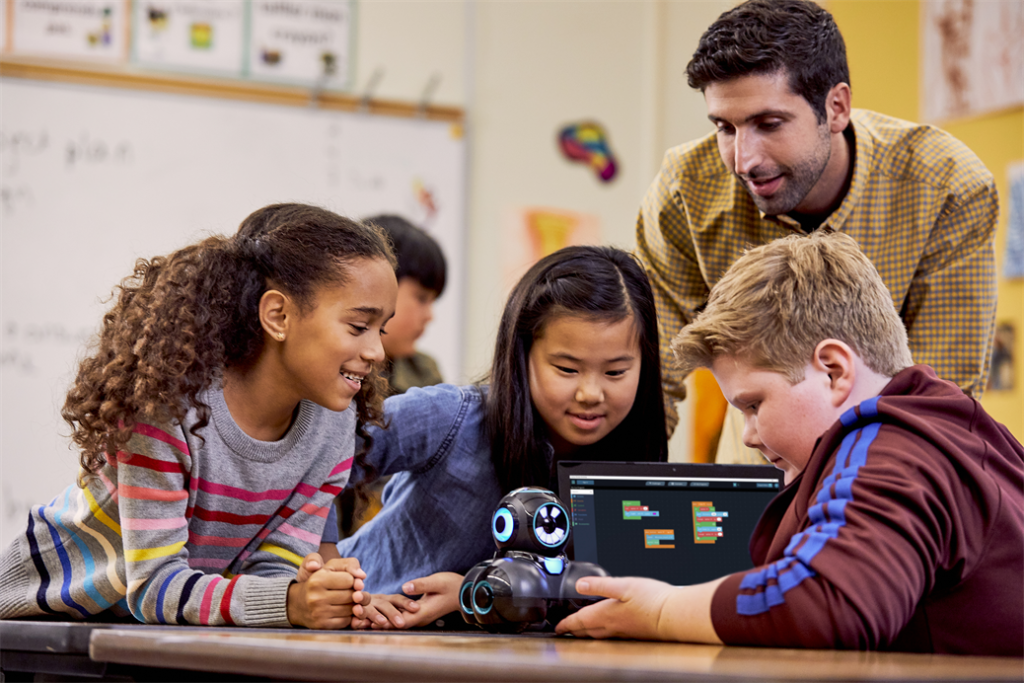
- 0 Comments
- Oct 31, 2019 10:00:00 AM
- Posted by Natalia Galvis
- Topics: EdTech, STEM, STEMchat, Edchat
5 Halloween Activities for Kids
Halloween should be fun but that doesn’t mean that it can’t also be educational. Halloween is a great theme for math, tech, engineering and science. Check these great math, science and engineering activities for kids browsing our list and find something fun to add to your special Halloween playdate, class Halloween party, or just at home with your kids!

- 0 Comments
- Oct 30, 2019 2:00:00 PM
The Advantages of a STEM Education
Education proves valuable in countless areas of life, and STEM learning is no different. This field gives learners opportunities to test their minds, skills and artistry through various avenues. Seeking an education in STEM requires discipline and patience, and it all pays off once the career opportunities flood in.
One of the best features of STEM education is that it offers a world of possibilities. Every sector includes numerous subsets and niches, offering a specialized subject for every learner. From marine biology to civil engineering, the boundaries spread far and wide.
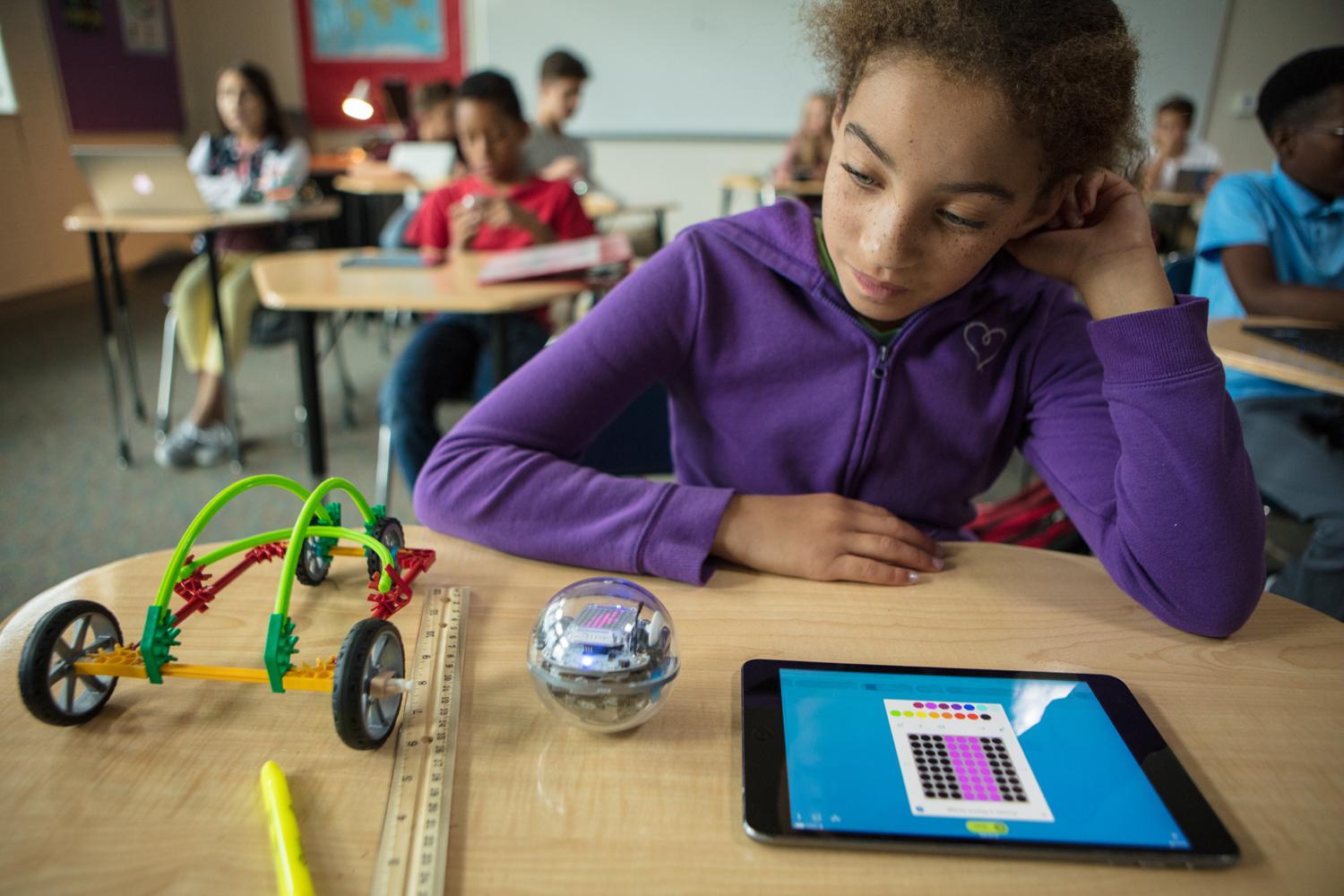
- 0 Comments
- Oct 30, 2019 10:00:00 AM
- Posted by Natalia Galvis
- Topics: EdTech, STEM, STEMchat, Edchat
How to Make Math Learning Fun- And Effective
Math has always been known as one of the less-glamorous subjects. Sure, there are people who love the rhythm and reason of mathematical concepts, but average Kindergartners won’t tell you that they want to be an engineer, or a mathematician, or even a computer scientist when they grow up. But if every Kindergartner grew up to be a fireman, or movie star, or race car driver, or pilot, our society would certainly suffer.
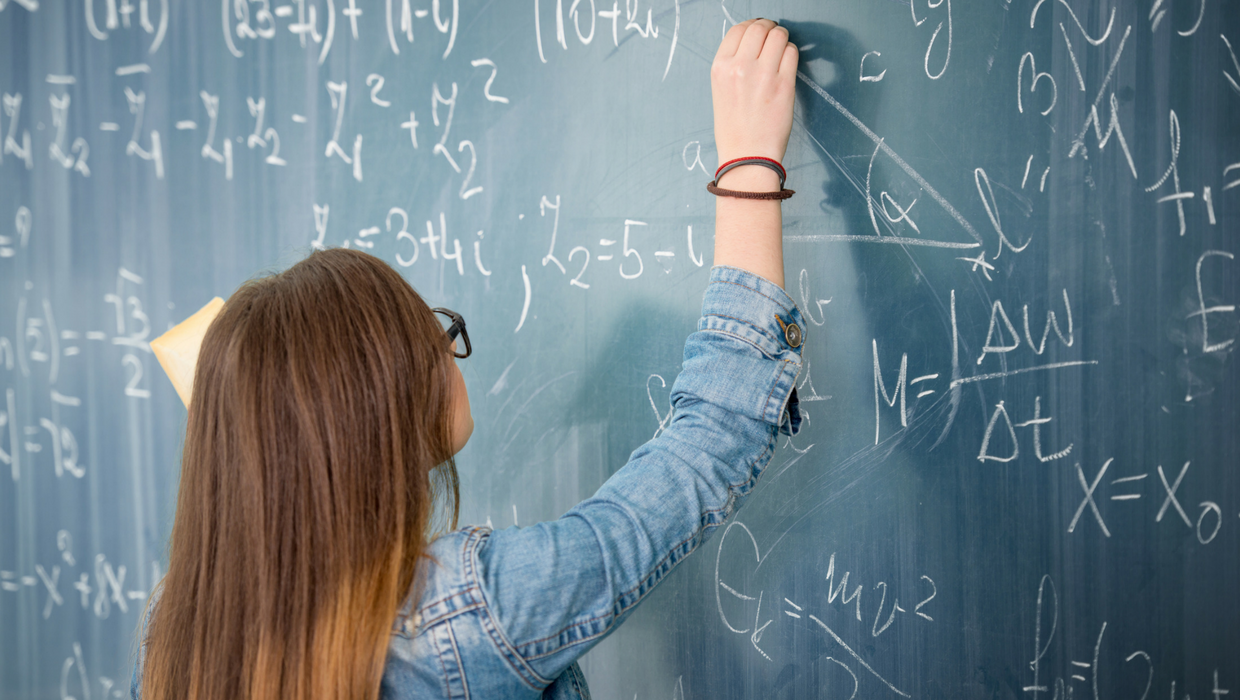
So what makes one student inherently interested in math concepts, while another just wants to score high enough on a math test to not have to take it again?
- 0 Comments
- Oct 29, 2019 10:03:00 AM
- Posted by Natalia Galvis
- Topics: Math, Robotics, EdTech, STEM, STEMchat, Mathematics, Edchat
Three key trends in robotics education
Robots are hugely popular with kids. Want proof? Four of the 20 best-selling toys on Amazon during the 2018 holiday season were robots, robotics kits, or other electronic circuitry kits. So it’s not surprising that K-12 educators would turn to robotics as a way to get students excited about science, technology, engineering, arts, and math (STEAM) education.
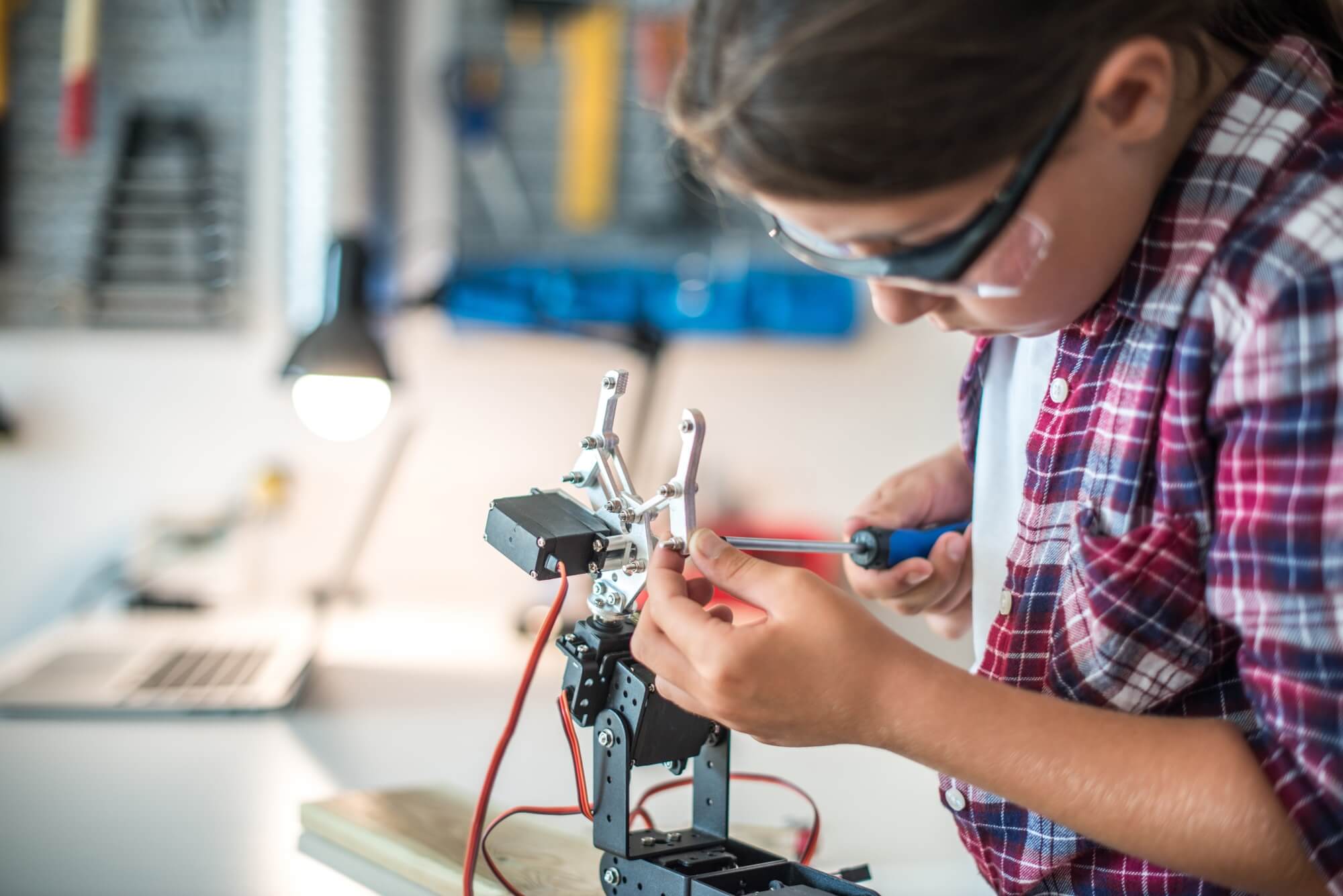
- 0 Comments
- Oct 28, 2019 10:02:00 AM
What You Need To Use Drones In Your Next Class Project
If you want to help your students’ dreams take flight, it may be time to use drones at school. Drone technology makes it possible to view the world with new eyes.
Maintenance departments use drones for structure checks, and transportation directors can capture aerial footage of traffic patterns. Schools employ drone technology for security checks, and classrooms use it for teaching point of view and documenting their projects.
Drones technology lends itself well to instruction, especially STEAM projects and video storytelling.
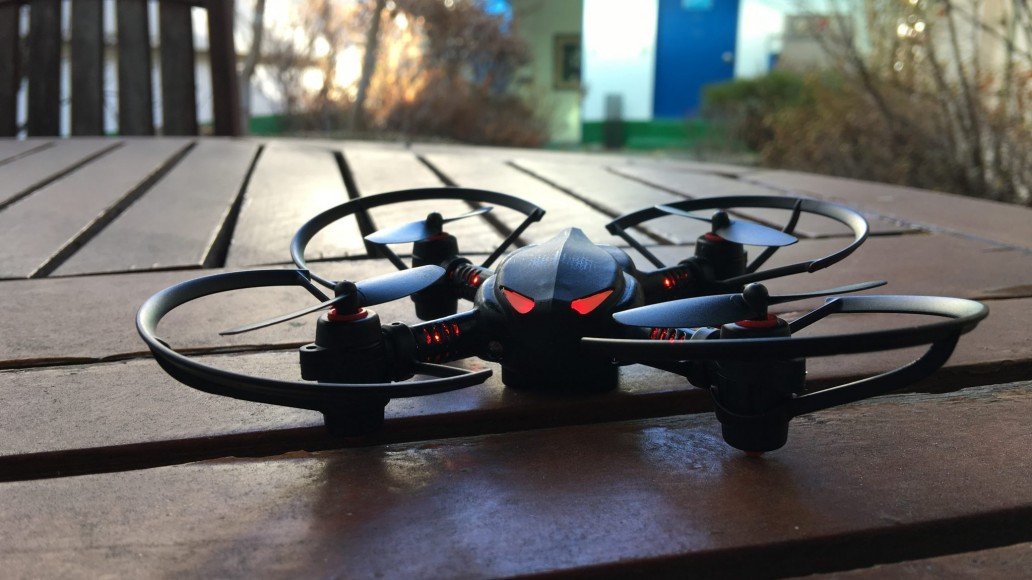
- 0 Comments
- Oct 25, 2019 10:10:00 AM
- Posted by Natalia Galvis
- Topics: EdTech, STEM, Drones, quadcopter, STEMchat, Edchat
Relevant Posts
Popular Posts
Subscribe to Email Updates
-
I Want To Learn MoreADDITIONAL INFORMATION


